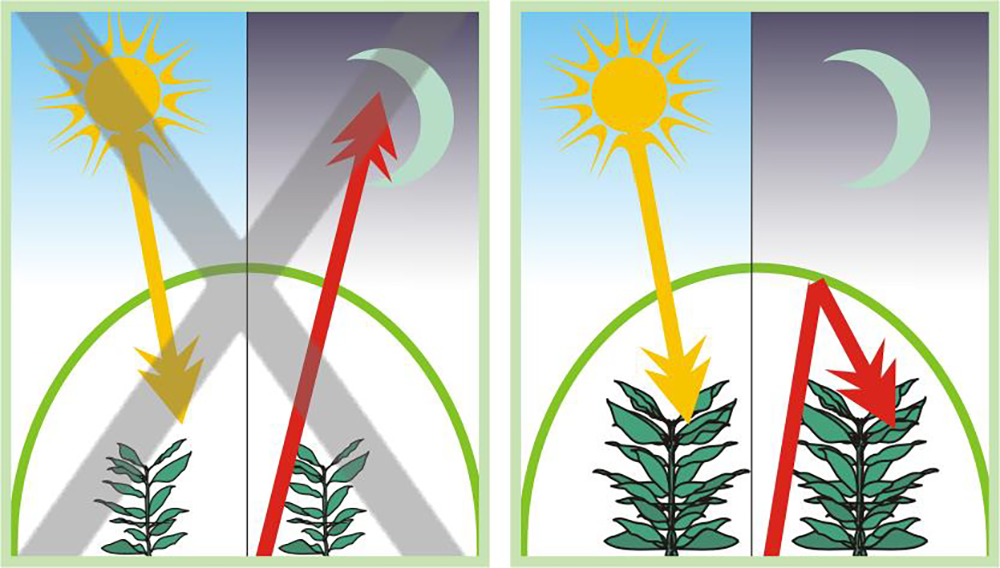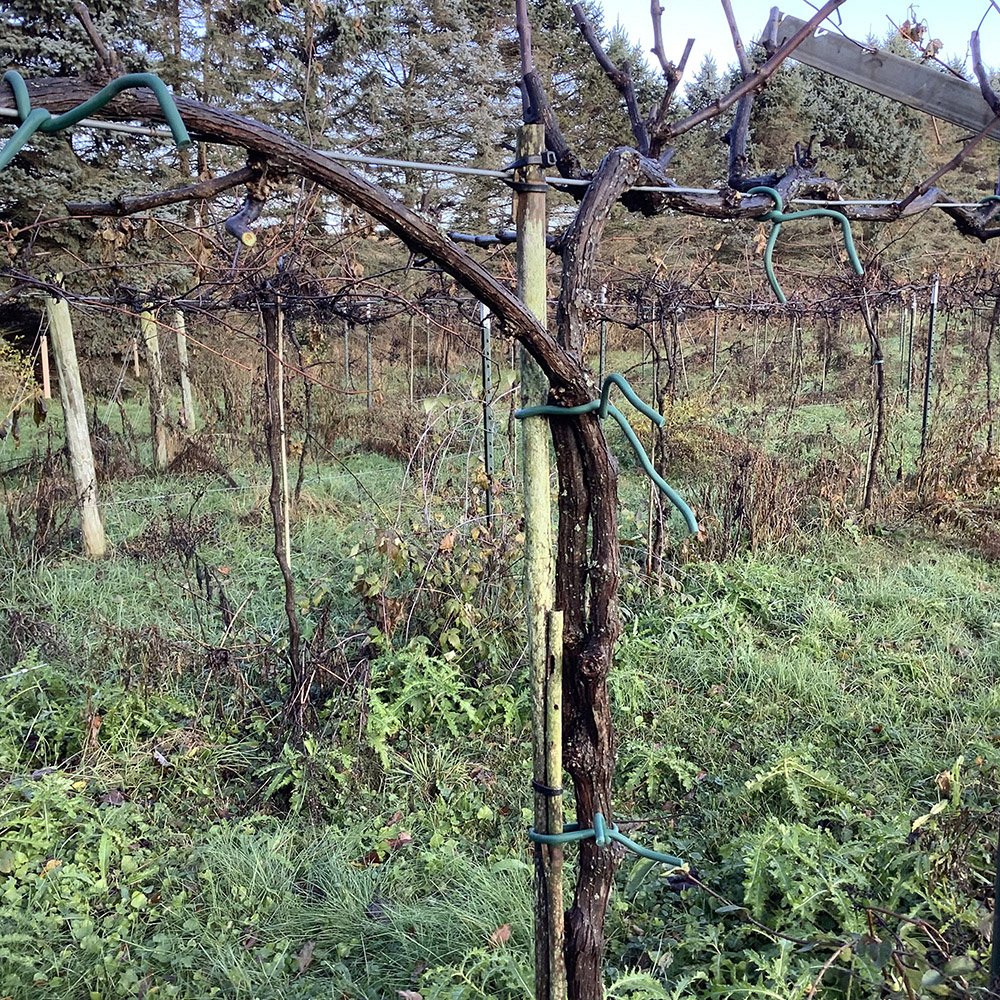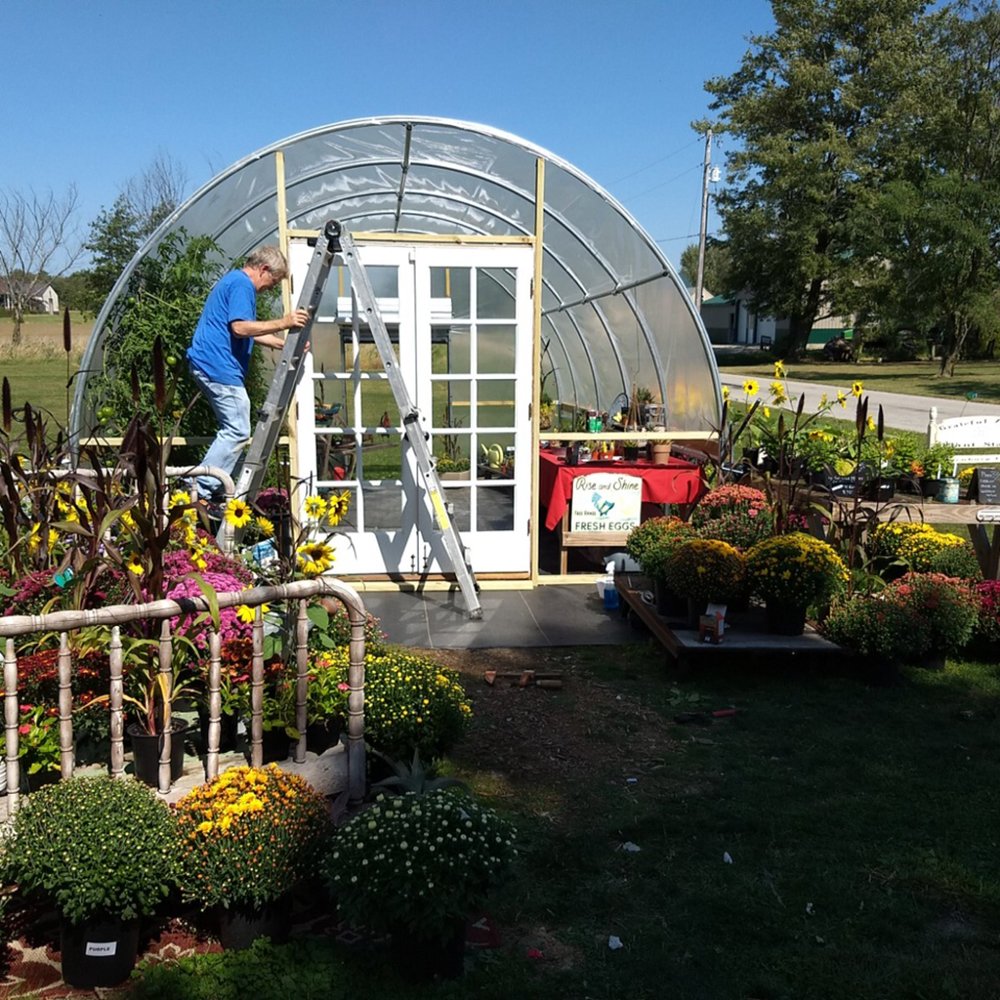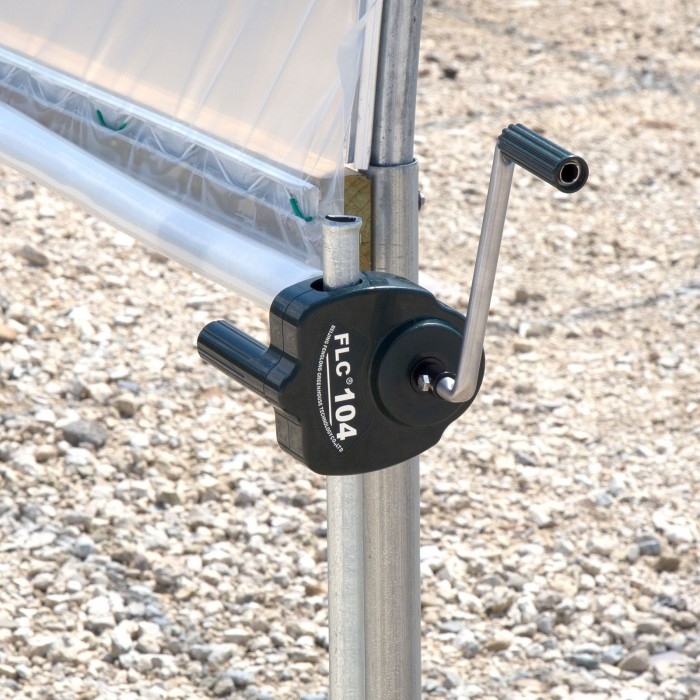Reducing Heat Loss: The Importance of Low-Thermicity Greenhouse Films

Greenhouse light thermicity is fundamental for better heat retention. Thermicity is a measure of IR (infrared) transmission through a film. The lower the thermicity in the greenhouse film, the lower the transmission of IR, which means lower heat loss. Low thermicity in greenhouse film will greatly impact heat retention during cold nights or even the wintertime. Anyone who has had a hoop house during the winter knows it is paramount to keep the temperature stable. Being able to reduce the costs of heating the greenhouse by installing a low thermicity film will not only save money but will keep any plants or crops safe from the cold temperatures.
Manufacturers have found that mineral-based additives can reduce radiation loss. Ethyl vinyl acetate, calcined kaolin clay, and synthetic aluminum silicate are among the materials added to the greenhouse plastic grow film to help with the thermicity. These additives are usually integrated into one of the film's inner layers. These materials will slightly reduce light transmission. However, they help with light diffusion. Light diffusion greatly benefits greenhouse crops and plants by evenly distributing the light. This brings light to the lower parts of the plant, where light normally would not reach. The light diffusion will also help with thermicity since the heat is spread out, not all in one place.
Most regular greenhouse film allows 30% - 60% of IR heat to escape. The lower the percentage, the lower the heating costs during the wintertime. A low thermicity in greenhouse plastic film is something to consider when purchasing the grow film. It helps reduce heating costs in the winter and will protect the plants during cooler nighttime temperatures during the shoulder seasons. There is a lot to know about greenhouse plastic and all the accessories involved, but fortunately, our friendly and knowledgeable sales representatives are here to help. Feel free to contact one of them for any questions or if you would like to place an order. We are here to help!
Contact Us




